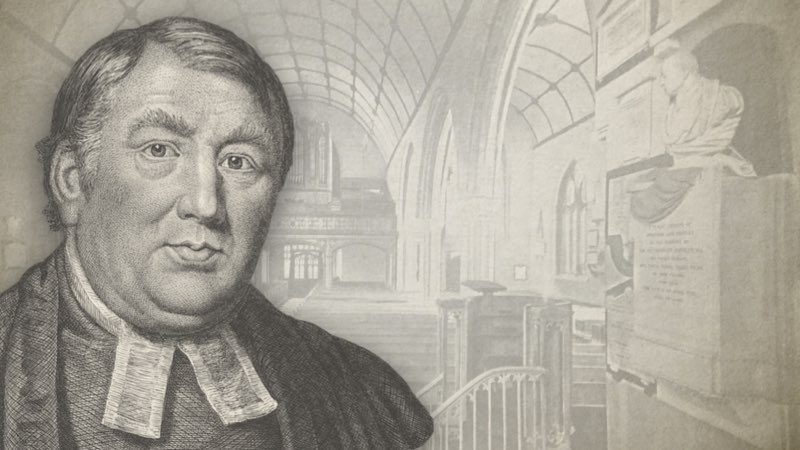
July 24—Morning Devotion
“The stranger did not lodge in the street; but I opened my doors to the traveller.”—Job 31:32
Though Job was thus hospitable, yet we know that angels would have lodged in the street, if Lot had not taken them in. Nay, the Lord of angels, when he came a stranger upon earth, had not where to lay his head. He came indeed “unto his own, but his own received him not.” My soul, pause! Hast thou done better by thy Lord? Nay, thou hast not. And though thou knowest the precept the apostle had it in commission to tell the church, “not to be forgetful to entertain strangers, for thereby,” as in the instance of the patriarch, and others, “some have entertained angels unawares;” yet, my soul, how long did the Lord of life and glory stand without, knocking at the door of thine heart, by the ministry of his word and ordinances, saying—open to me; yea, and would have stood to this hour, had he not, by his own sovereign grace, put in his hand by the hole of the door, and opened to himself. Oh thou blissful stranger, didst thou indeed come from a far country, on this gracious, blessed errand, to seek and save that which was lost; and didst thou find every heart resolutely shut against thee? Didst thou, blessed Jesus, when travelling in the greatness of thy strength, open to thyself an entrance into the souls of thy people, by the sweet and constraining influences of thy Holy Spirit? Do thou, then, Almighty Lord, throw open the street doors of my heart for thy constant reception! Make them like the gates of that blessed city which are never shut day nor night. And cause my soul, like the prophet on the watch-tower, or Abraham in the tent door, to be always on the look out for my Lord’s approach, that I may invite thee; yea, constrain thee to come in, and abide with me, and to make thyself known unto me, by the heart-burning discourses of thy word, and in breaking of bread and of prayer. Yes, yes, thou glorious Traveller! who art perpetually on the visits of thy love, I do know thee, I do sometimes catch a sweet glimpse of thee, and trace the footsteps of thy grace, in thy word, in thy ordinances, and in the various ways by which thy presence is discoverable. Indeed, indeed, thou heavenly Stranger, thou shalt not lodge in the street; but I will take thee home to my house, to my heart and soul; and thou shalt sup with me, and I with thee, according to thine own most gracious promise, and I will cause thee to drink of spiced wine of the juice of my pomegranate.
Robert Hawker (1753-1827) was an Anglican (High-Calvinist) preacher who served as Vicar of Charles Church, Plymouth. John Hazelton wrote of him:
“The prominent features…in Robert Hawker's testimony…was the Person of Christ….Dr. Hawker delighted to speak of his Lord as "My most glorious Christ.” What anxious heart but finds at times in the perusal of the doctor's writings a measure of relief, a softening, and a mellowing? an almost imperceptible yet secret and constraining power in leading out of self and off from the misery and bondage of the flesh into a contemplation of the Person and preciousness of Christ as "the chiefest among ten thousand and the altogether lovely." Christ and Him crucified was emphatically the burden of his song and the keynote of his ministry. He preached his last sermon in Charles Church on March 18th, 1827, and on April 6th he died, after being six years curate and forty-three years vicar of the parish. On the last day of his life he repeated a part of Ephesians 1, from the 6th to the 12th verses, and as he proceeded he enlarged on the verses, but dwelt more fully on these words: "To the praise of His glory Who first trusted in Christ." He paused and asked, "Who first trusted in Christ?" And then made this answer: "It was God the Father Who first trusted in Christ."
Robert Hawker on the Biblical Covenants (Complete)
Robert Hawker's Poor Man's Morning Portions




